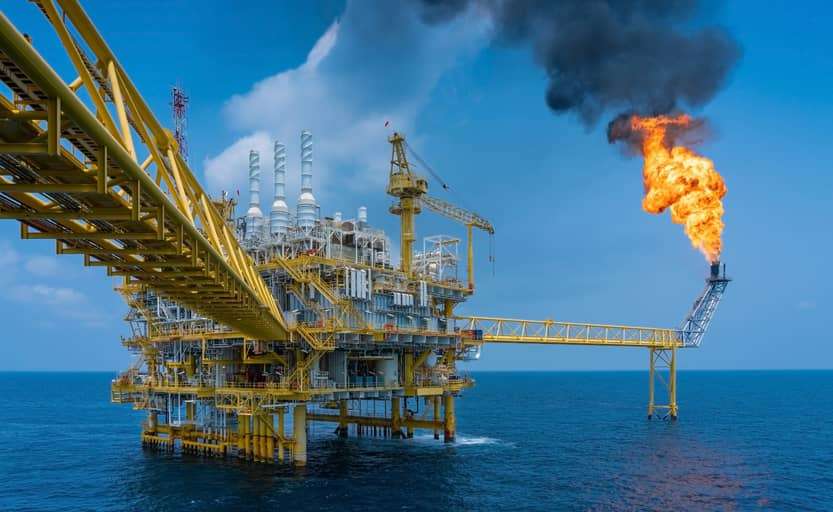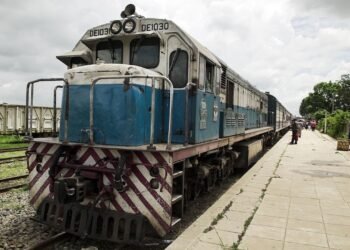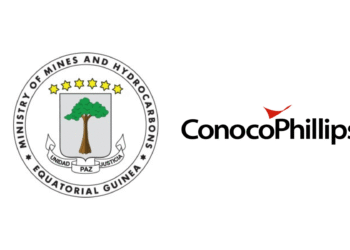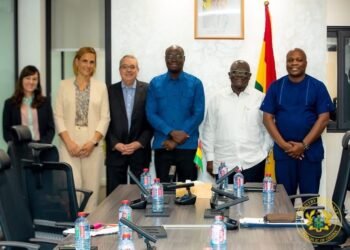As designated by the law, under Section 24 of the Ghana Petroleum Revenue Management Act (PRMA Act 815) Act, 2011, coastal communities are entirely excluded from oil revenues accrued from oil exploration and production operations in Ghana’s coastal communities despite known facts of being affected.
Perhaps unknowingly, the impact of offshore petroleum operations on fishing communities for more than 10 years now, may be sowing anger, betrayal and unrest among the people as their development lags despite the existence of these vast resources in their territories and the ‘near-failing promises’ made to them from the onset of exploration activities in their jurisdictions.
Indeed, there are pockets of identifiable benefits rendered to host societies in the form of corporate social responsibility projects which unfortunately are often disconnected from local development priorities. Small scale fishers within these communities are growing angrier at their loss of livelihoods, increased social ills and dispossession from ocean.
For instance, a recent study conducted on Tullow Ghana’s CSR Strategy titled: “Retooling Tullow Ghana’s CSR Strategy: A Communication Lens” indicated that although Tullow Ghana’s reports demonstrate appreciable Corporate Social Responsibility (CSR) success in Ghana, “the experiences of fishing communities in the country’s western region were largely inconsistent with the company’s reports on its CSR interventions for the fisher folks”.
What the Law Says
In section 24 (2), the law states that: “where Petroleum operations are carried out on-shore, appropriate royalties shall be paid in accordance with relevant laws”. Section 24 (3) also states that: “where petroleum operations adversely affect a community, appropriate compensation shall be paid for the benefit of the community in accordance with the relevant laws”.
While clause (2) of Section 24 indicate compensation for host communities as royalties for on-shore petroleum activities, no entitlements are designated as oil revenues from offshore petroleum operations for host communities.
Besides, clause (3) of the law, which is only triggered upon the establishment of a case of adverse impact of petroleum operations on fishing communities along Ghana’s coasts is not entirely clear as to the extent of assessment of the adverse impact of oil operations; and only likely to be effected where there is an oil spill, to say the least.

The distinction between the two clauses of Section 24 are intrinsically manifested in the fact that legally, the maritime zone is under the jurisdiction of the state and not within the ownership of the people in whose territories offshore operations are hosted.
The extent of the problem is evidenced in the fact that, despite the real impacts of oil and gas operations on coastal communities, these are only perceived without any data backing; there are no socio-economic data to demonstrate adverse impact since oil exploration and production in these communities took off.
Unfortunately, the blame may be quickly foisted on fishing communities and their local assemblies for being ‘oblivious’ of their rights to claim compensations for the adverse impact of offshore operations on their communities. But isn’t there greater responsibility on the regulator as well as CSOs, the government and other stakeholders to have provided the needed technical assistance to collect socio-economic data to this end?
These among others, could be the reasons for sparking dissatisfaction among fisher folks as there are recent examples where fishermen have raised concerns about the increased loss of livelihoods and income.
Examples of Impact Cases of Oil Operations Offshore
In 2021, fishing communities bemoaned the invasion of sargassum weeds along the Western Coast, which disrupted fishing activities and threatened the source of livelihoods of the fisher folks.
Infact, this is not the first time calls to this effect have been made. As far back as 2014, less than 5 years after Ghana began commercial production of oil, cases of sargassum weeds gathering along the shores of the Western coastline were reported to have disrupted fishing activities.
Even so, the 500-meter no-fishing zone around the Jubilee field, and other red zones created around offshore oil rigs have also had significant impact on fishing activities for years, and it appears concerns about small scale fishers finding their way around oil rigs for fishing activities is growing, considering recent mention of the issue in December 2021.
At the time, the chief executive officer of the Petroleum Commission (PC), Mr Egbert Faibile Jnr, addressed traditional authorities in the Western Region to help control incursions from some fishermen around oil rigs and exclusive zones.

Indeed, Mr Faibile acknowledged the impact of oil and gas operations on fisher folks during the address, saying:
“I encourage the Working Group to remain steadfast with its mission of establishing the linkage between oil and gas and the regional economy, providing alternative livelihood for households who may be affected by the oil and gas sector, among others”.
Egbert Faibile, Jnr, CEO Petroleum Commission
That aside, there are also gendered impacts emanating from offshore petroleum operations. According to a 2021 study on the impact of oil and gas operations on fishing communities, the authors indicated that “oil and fishing both have strong gender dimensions”.
The study noted that women in the coastal communities of Ghana have “encountered a disruption in their pre-existing traditional livelihoods of fishing and farming and yet, support for alternative options to sustaining or improving their livelihoods have not been provided”.
Citing an informant survey conducted to demonstrate such gendered dimensions of the impact of oil and gas operations offshore, the study indicated that “half of the respondents perceive a decrease in fish catch, loss of jobs for husbands and reduction in income levels,” adding that “while oil activities have spawned a new social order in which women’s activities and livelihoods are invisible, thereby increasing vulnerabilities.”
To avoid these recurring challenges, sections of the public and people living within these communities have called for a revision of the PRMA Act, to ensure that local communities are not left behind in development but measures are taken to their benefit as oil extraction continues within their territories.
READ ALSO: Rising Debt Conundrum: Problem Can be Attributed to the IMF- Economist



















